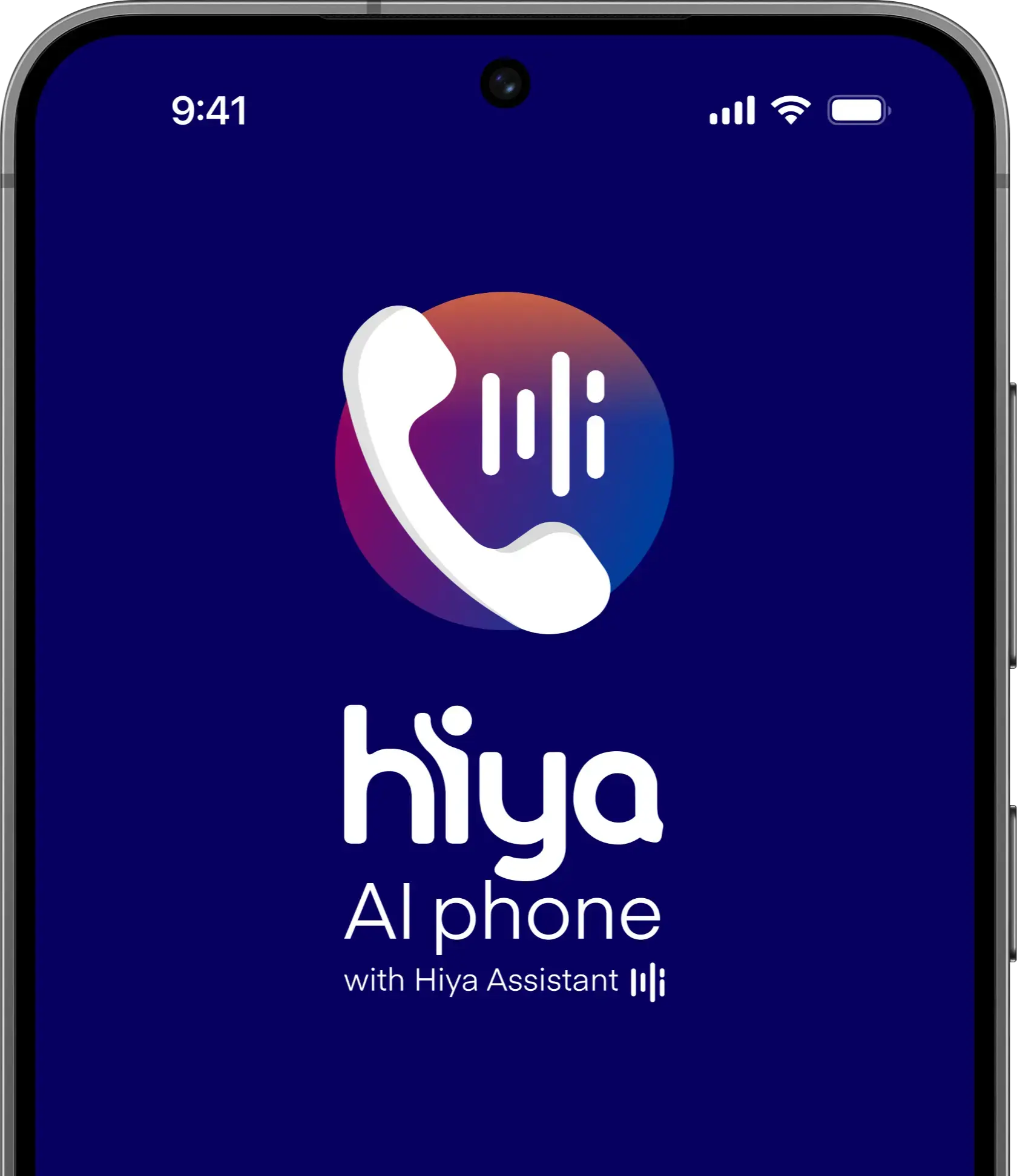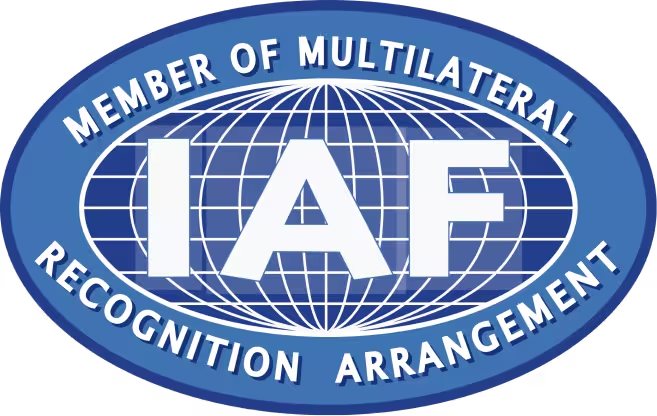
Every week Hiya receives more than 1.6 million reports of spam and scam calls. These come from users of Hiya’s mobile app, and customers of our carrier partners such as AT&T and device manufacturers such as Samsung.
When customers report these scam calls, Hiya can take action and block the phone numbers associated with them. Hiya also uses Adaptive AI to identify the patterns of scammers and can block scam calls in their very early stages, even before they’re reported. Hiya uses a variety of methods to stop scam calls, which you can read about in the second half of this article.
But first, let’s take a look at the most commonly-reported scam calls of 2022 so far. Below are the top 5, in order, for January through May 2022.
- Auto warranty scams - These were the #1 scam calls of 2021 and they remain the leader in 2022. With the auto warranty scam, the scammer calls to tell you your auto warranty is about to expire. Simply call them back and pay to get your warranty extended. (See our blog post: The Auto Warranty Scam)
- Healthcare scams - There is a huge range of scams related to healthcare and health insurance. Sometimes the scammers are offering “senior healthcare benefits” or are selling an “affordable health plan” that doesn’t exist. Other times, they pose as legitimate healthcare companies (such as United Healthcare or even the federal Health Insurance Marketplace) to sell a phony insurance plan or trick the victim into providing personal information. Some users report that the caller ID was spoofed to make it look like the incoming call was from their healthcare insurance provider.
- Amazon scams - Odds are high that a scammer randomly calling will reach someone with an Amazon account. There are several Amazon scams out there, but a common one is a call saying they suspect a fraudulent charge has been made on your accounts, such as a purchase for an iPhone, Macbook computer, or another high-ticket item. If you press 1 to speak to a representative to dispute the charge, they’ll likely try to get you to reveal your Amazon account number and password or they’ll try to obtain your credit card information.
- Credit card scams - These scams try to get you to reveal your credit card number. The scammers may try to get your interest by saying you qualify for an interest rate reduction or that they can help you eliminate credit card debt. Or, like the Amazon scam above, the scammers will say they suspect an unauthorized charge on your account. To clear up the matter, they’ll need your credit card number and other personal information. (See our blog post: The Credit Card Scam)
- Social security scams - There are a variety of scams out there to get you to reveal your social security number. Sometimes the scammers will say your social security number has been used in some type of fraudulent or criminal activity and you need to call them to clear it up. Other times they’ll say someone has opened a bank account or other account in your name and they need to verify it with your social security number.
How Hiya fights back against scam calls
Hiya uses several tools to identify calls as possible spam/fraud, or to completely block them before they reach the recipient:
- Customer reports – Through Hiya’s relationship with AT&T, Samsung, and the Hiya mobile app, phone customers can report calls as spam or fraud. When customers report unwanted calls, Hiya can block the phone numbers or label them as spam-risk calls.
- The Hiya honeypot – Hiya doesn’t listen to customers’ calls for spam/scam content, but it does listen to calls that come directly to Hiya. Hiya owns hundreds of thousands of phone numbers that are used for capturing the content of scam calls — what Hiya calls a “honeypot.” Using these lines, Hiya can listen to the exact wording of the scams.
- Adaptive AI – In addition to targeting phone numbers that have a history of making spam calls, Hiya uses the industry’s first self-learning call protection system. Adaptive AI looks for new patterns that indicate spam, including which carrier originated the call, what country it came from, and if its network signature indicates a spam risk call. The system detects spam based on tactics instead of relying on phone numbers and historical data.
- Other data points – Hiya looks at more than 50 different data points to determine if a call is likely to be spam or fraud. For example, if people answer the phone and hang up right away, it’s an indication that it’s an unwanted call and could get identified as spam.
For more information on Hiya’s spam blocking capabilities, send us an email or learn more about Hiya Protect. Hiya Protect detects and blocks spam and fraud calls with high accuracy, without blocking important calls. It is used by phone carriers, mobile phone manufacturers, and network providers who are looking to create a differentiated voice offering and increase customer satisfaction.








